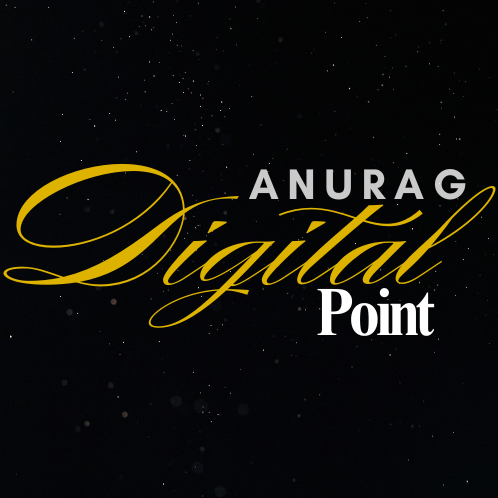Digital Marketing refers to the use of digital channels, platforms, and technologies to promote products, services, or brands to a target audience. Unlike traditional marketing, which relies on print media, TV, or radio, digital marketing operates online and leverages data-driven strategies to engage consumers in a personalized and measurable way.
Key Components of Digital Marketing:
- Search Engine Optimization (SEO):
- Optimizing websites to rank higher in search engine results pages (SERPs) for relevant keywords.
- Involves technical SEO, on-page SEO, and off-page SEO.
- Content Marketing:
- Creating and sharing valuable content to attract and retain an audience.
- Examples: blogs, videos, infographics, eBooks, and whitepapers.
- Social Media Marketing:
- Using platforms like Facebook, Instagram, LinkedIn, Twitter, and TikTok to promote content, engage users, and build brand awareness.
- Includes both organic strategies and paid advertising.
- Email Marketing:
- Sending targeted emails to nurture leads, promote products, or share updates with subscribers.
- Often used for building customer relationships and driving conversions.
- Search Engine Marketing (SEM):
- Paid advertising on search engines like Google Ads or Bing Ads.
- Includes Pay-Per-Click (PPC) campaigns.
- Affiliate Marketing:
- Collaborating with affiliates (individuals or companies) who promote products/services in exchange for a commission on sales.
- Influencer Marketing:
- Partnering with influencers or industry leaders to promote products or services to their followers.
- Online Advertising:
- Display ads, banner ads, or video ads that appear on websites, apps, or platforms like YouTube.
- Programmatic advertising uses algorithms to automate ad placement.
- Mobile Marketing:
- Targeting audiences via smartphones or tablets through SMS, app-based advertising, or mobile-optimized content.
- Analytics and Data Analysis:
- Using tools like Google Analytics or social media insights to track and measure the performance of campaigns.
- Data helps refine strategies for better ROI.
Benefits of Digital Marketing:
- Cost-Effective: More affordable than traditional marketing.
- Measurable: Real-time tracking of campaign performance.
- Global Reach: Connects businesses with audiences worldwide.
- Targeted Approach: Allows segmentation of audiences based on demographics, interests, and behaviors.
- Engagement: Interactive formats like comments, likes, shares, and polls build stronger customer relationships.
Digital marketing is essential for businesses to stay competitive in today’s technology-driven world, as it offers precise targeting, scalability, and tools to create meaningful connections with customers.

